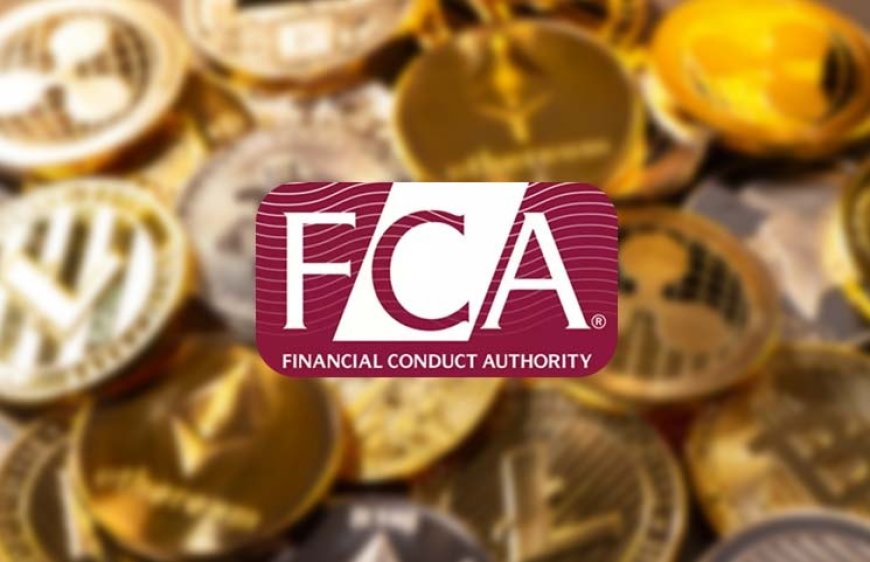FCA's Response to Cryptocurrency Registration Delay
Maintaining Trust: The FCA's Long-term Perspective on Cryptocurrency Regulation

In the face of market challenges, the British Financial Conduct Authority (FCA) is striving to address inquiries regarding delays in the registration of cryptocurrency firms. However, as emphasized during TheCityUK conference held on April 18, 2024, Sarah Pritchard, the Executive Director of Markets and International at the FCA, expressed the regulator's commitment to maintaining trust in the financial sector.
Pritchard noted that solely focusing on numbers could damage trust and reputation. Her remarks were in response to industry complaints about the lengthy process of registering cryptocurrency firms.
Since 2020, the FCA, serving as the primary cryptocurrency regulator in the UK, has been handling the registration of cryptocurrency firms seeking to operate in compliance with anti-money laundering regulations. Despite over 300 attempts for approval, only 45 have been successful.
Among the registered entities are renowned names such as the cryptocurrency exchange Gemini, the payment platform Revolut, and the asset manager Fidelity Digital Assets. However, the registration process is known for its protracted nature.
According to cryptocurrency industry participants, the FCA may take up to a year to respond to registration submissions. Pritchard acknowledged this challenge but emphasized that speed cannot be prioritized at the expense of consumer protection.
"Lowering standards could expose our market to exploitation by those seeking to launder illicit funds, which could harm market integrity and trust," warned Pritchard. "Instead, we adopt a long-term perspective. The success of cryptocurrencies and any ecosystem supporting cryptocurrency firms depends on establishing and maintaining trust."
The FCA is taking a systematic approach to the registration of cryptocurrency firms, considering not only speed but also consumer protection and market integrity.


























